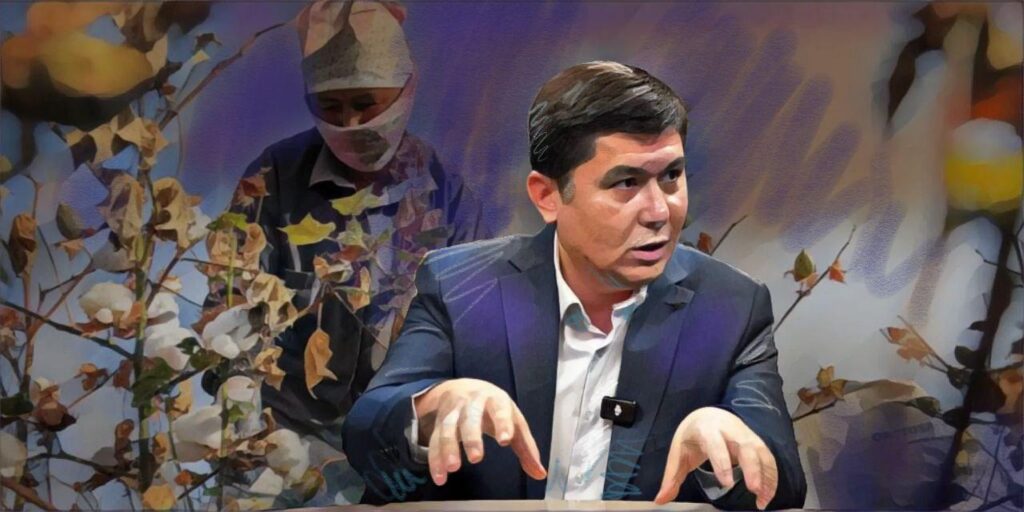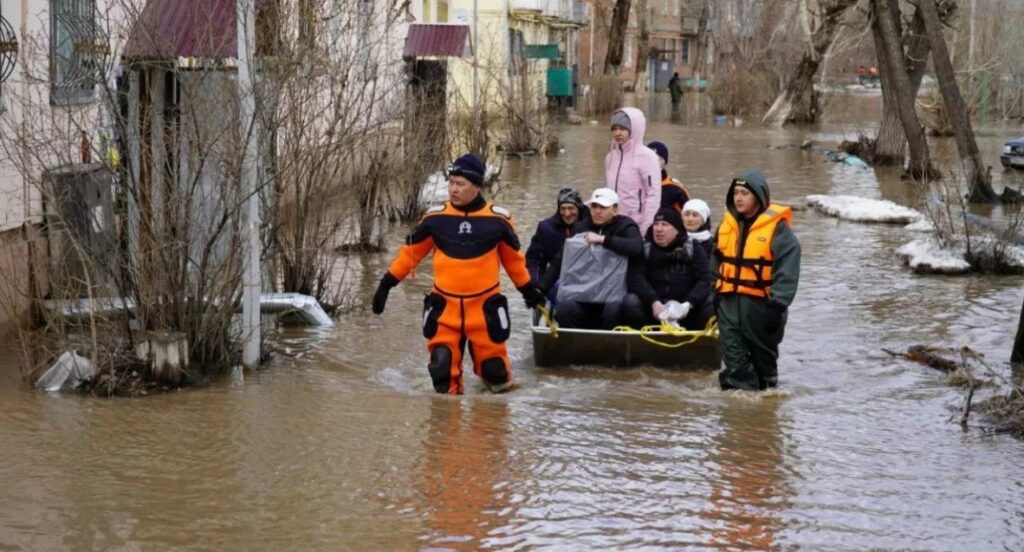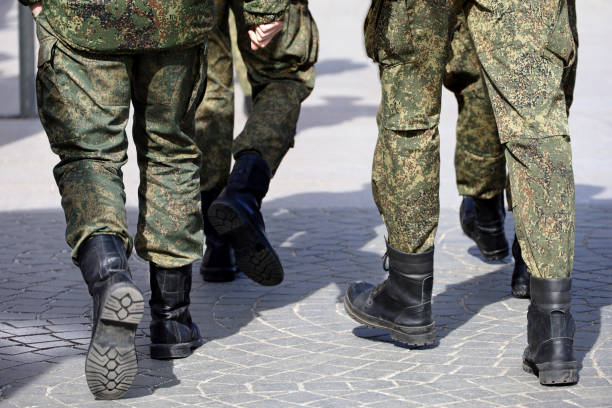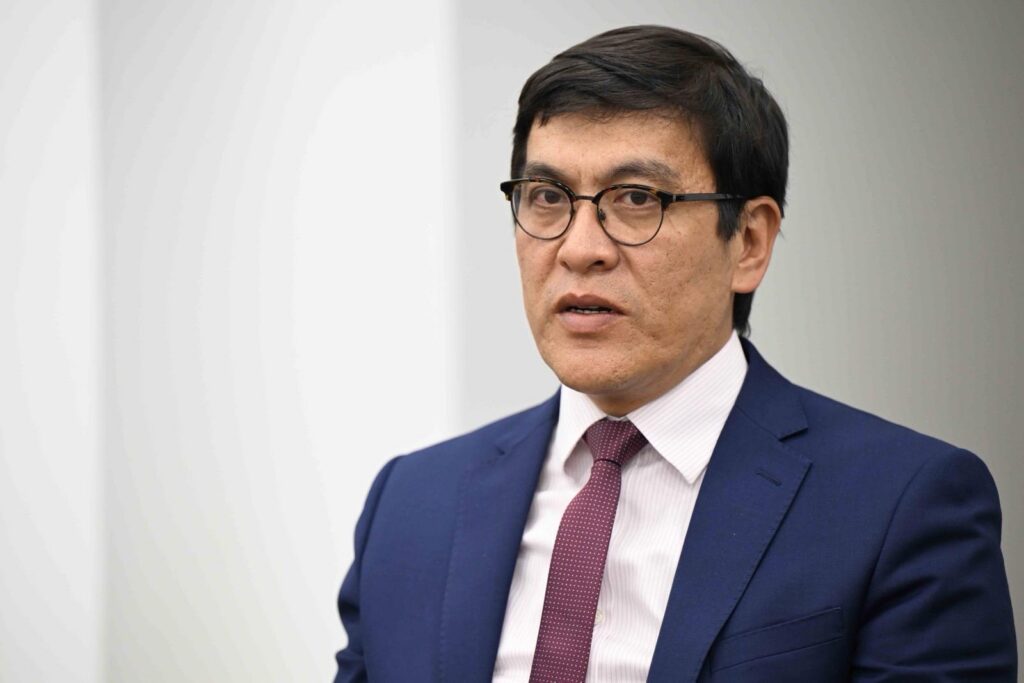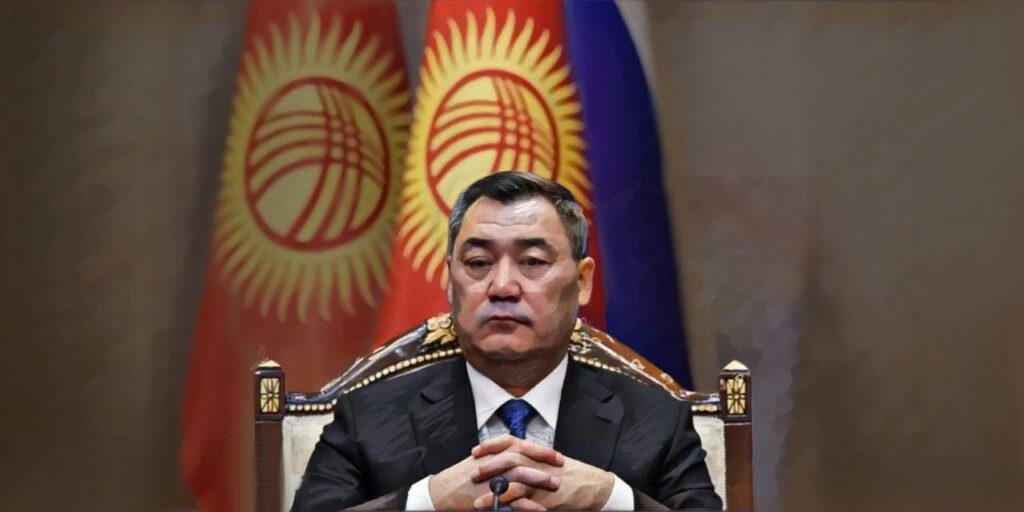Gender Pricing and Tax Policy in Kazakhstan: Does a “Pink Tax” Exist?
Women often pay more for everyday goods, from hygiene products to personal care services. In public discourse in Kazakhstan, this phenomenon is often referred to as the “pink tax.” But does such a tax exist, or are these differences the result of market pricing strategies? Is a “Pink Tax” Recognized Under Kazakhstan’s Tax Code? If understood literally as a separate levy established in the Tax Code, the so-called “pink tax” does not exist in Kazakhstan. The country’s tax system includes corporate and individual income taxes, value-added tax (VAT), excise duties, social tax, property taxes, and other mandatory payments. There is no gender-based category. In Kazakhstan, the term is generally used to describe a potential “gender markup,” where products marketed to women are priced higher than comparable versions aimed at men, even when their features are largely the same. These differences are most often observed in items such as razors, shower gels, and other personal care products, where variation may be limited to packaging or branding. However, Kazakhstan lacks large-scale, representative studies on the issue. Most claims are based on retail observations and isolated price comparisons rather than comprehensive market research. How Tax Policy Affects Essential Hygiene Products: VAT and the “Tampon Tax” Public debate increasingly uses the term “tampon tax” to describe situations where menstrual hygiene products are subject to the standard VAT rate rather than a reduced rate applied to essential goods. Starting January 1, 2026, Kazakhstan’s base VAT rate increased to 16%. Reduced VAT rates of 5% (from 2026) and 10% (from 2027), apply only to goods and services, including specific medicines and medical devices that meet established criteria. These benefits do not apply broadly to all health-related goods, only to items included in officially approved lists. If sanitary pads, tampons, and other menstrual hygiene products are not included in the approved lists, they are subject to the standard VAT rate, like most other consumer goods. The law does not treat “women’s” products as a separate taxable category. As a result, Kazakhstan does not levy a distinct “pink tax” but applies uniform VAT rules. The broader policy debate centers on whether menstrual products should be classified as essential goods for tax purposes. The social dimension is significant. According to the World Bank and UNFPA, menstrual poverty refers to limited access to hygiene products and related services such as water, sanitation, healthcare, and education. A survey conducted in Kazakhstan by Umai Cup and SOAS (2,116 participants) found that 25% of respondents had no access to hygiene products during their first menstruation, 66% used improvised materials, and 10% missed school due to an inability to purchase sanitary pads. When a recurring monthly product is taxed at the full VAT rate and rises in price along with inflation, the financial burden falls disproportionately on low-income women. For students, single mothers, and mothers of large families, this may translate into restricted access to basic hygiene. Why the “Pink Tax” Has a Greater Impact at Lower Income Levels Even without normative judgments, the economic...

